Scientific Advisory Board
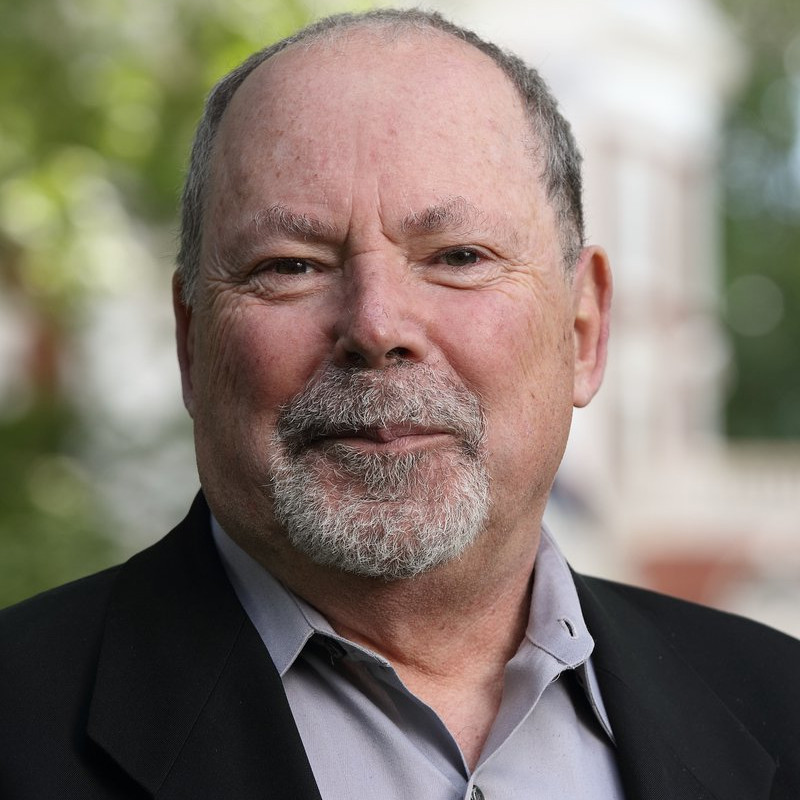
Philip E. Bourne
Philip E. Bourne leads a range of initiatives to encourage and facilitate the use of big data in large-scale research across the scientific and technological disciplines, with special emphasis on structural bioinformatics and systems pharmacology. He is the Founding Dean of the School of Data Science and Professor of Biomedical Engineering. From 2014-2017, Phil was the Associate Director for Data Science at the National Institutes of Health. In this role he led the Big Data to Knowledge Program, coordinating access to and analyzing biomedical research from across the globe and making it available to scientists and researchers. While there, he was also responsible for governance and strategic planning activities for data and knowledge management, and established multiple trainings in data science. He has done exceptional work to make biomedical research accessible, as well as to advance the field of data science. Prior to his time at the NIH, Phil spent 20 years on the faculty at the University of California-San Diego, eventually becoming Associate Vice Chancellor of Innovation and Industrial Alliances. He is a highly respected and oft-cited scholar who brings a wealth of experience to UVA."
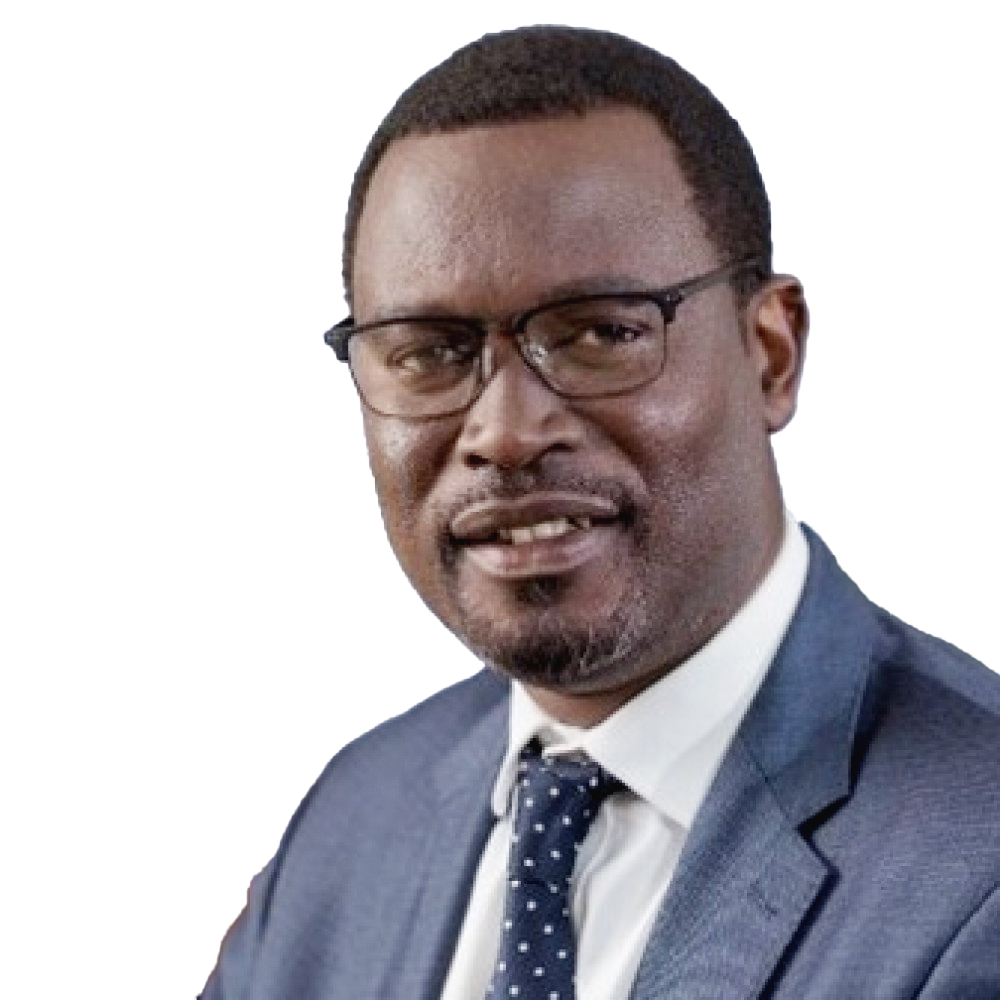
Dr Tshiamo Motshegwa
Dr Motshegwa is the incoming inaugural Director of the African Open Science Platform (AOSP) with the strategic portfolio to direct and support the AOSP. AOSP aims to position African scientists at the cutting edge of data intensive science by stimulating interactivity and creating opportunity through the development of efficiencies of scale, building critical mass through shared capacities, amplifying impact through a commonality of purpose and voice, and to engage in Global Commons to address continental and global challenges through joint action. He has a Ph.D. in Computer Science from City, University Of London, School of Mathematics, Computer Science and Engineering, UK. Regionally, he has been Chair of the Southern African Development Community (SADC) of the Technical Experts Working Group developing and implementing the SADC Cyberinfrastructure Framework - this to develop a regional commons of compute, networks, data and skills. Globally, he is a member of the Open Science Clouds Executives Roundtable (OSCER) that promotes collaboration through Open Science in practice toward optimal global interoperability. Nationally, Dr Motshegwa was seconded to the Ministry of Tertiary Education Research Science and Technology, Government of Botswana around the SmartBotswana National Digital Transformation Initiative regarding ""Education Towards a Knowledge Economy"" including the digital transformation of the research , science , technology and innovation (RSTI) ecosystem of the country.
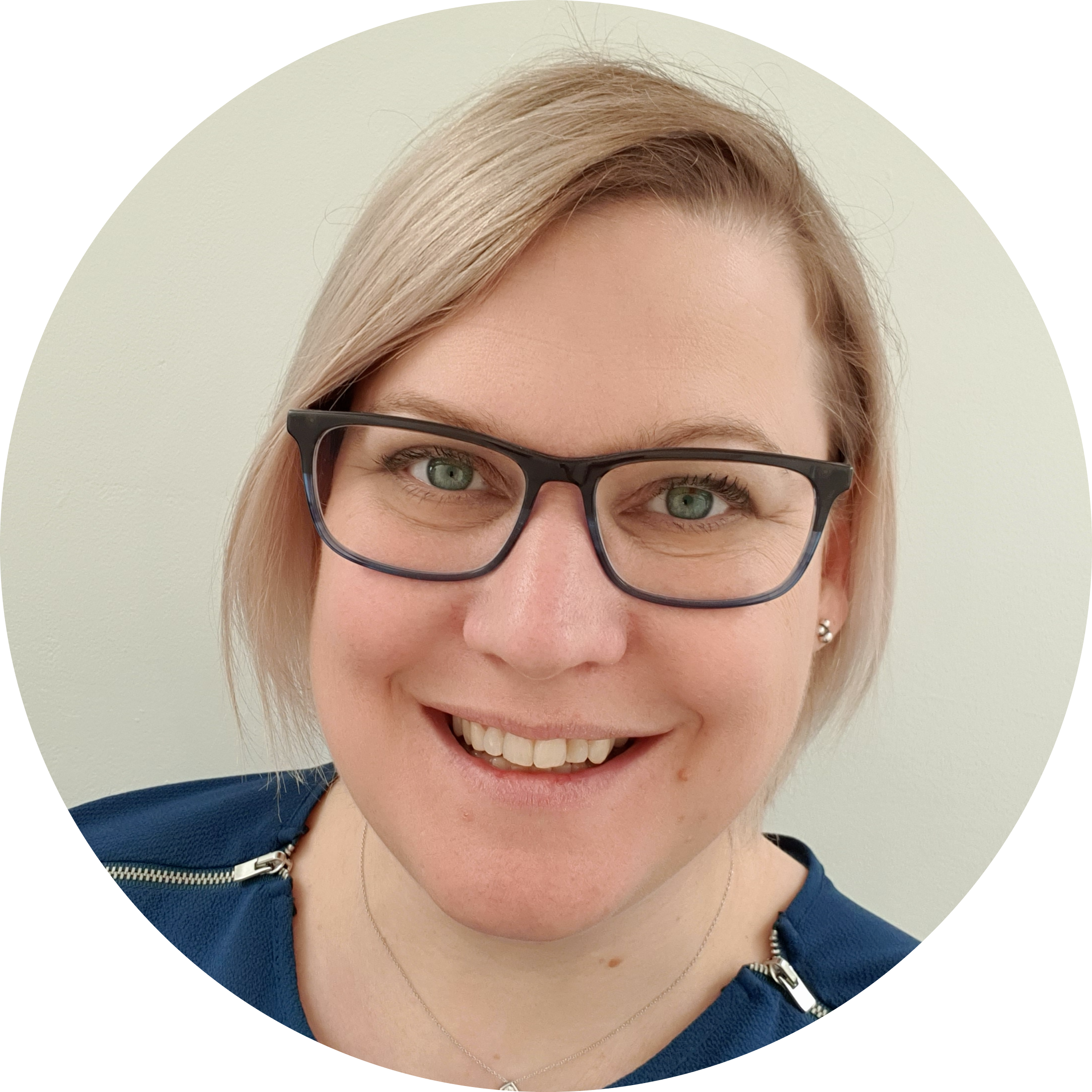
Dr Melanie Courtot
Dr Courtot is the Director of Genome Informatics and incoming Principal Investigator at the Ontario Institute for Cancer Research (OICR). Her team develops new software, databases and other necessary components to store, organize and compute over the large and complex datasets being generated by OICR’s cancer research programs. She is passionate about translational informatics - building intelligent systems to gain new insights and impact human health. Dr Courtot co-lead the Data Use and Cohort representation groups for the Global Alliance for Genomics and Health (GA4GH), as well as cohort harmonization efforts for Common Infrastructure for National Cohorts in Europe, Canada, and Africa (CINECA), the International HundredK+ Cohorts Consortium (IHCC) and the Davos Alzheimer’s Collaborative. Prior to joining OICR in January 2022, she was the metadata standards coordinator for the archival and infrastructure team at the European Bioinformatics Institute (EMBL-EBI), where she designed tools to streamline multi-omics submissions and developed integrated metadata strategies across the institute’s archival resources and other projects such as FAIRPlus, focusing on data quality, semantic enrichment, and standardization for pharmaceutical and cohort data respectively. After receiving a BSc in Biochemistry and Master in Computer Science (2002) from the Université Louis Pasteur, in Strasbourg, France, Dr Courtot spent several years in different countries working as an international consultant/software developer. She rejoined academia in 2009 to start my PhD in Bioinformatics (graduated 2014) from the University of British Columbia, and did postdoctoral research at Simon Fraser University, before joining EMBL-EBI in June 2015 to lead the Gene Ontology (GO) editorial office and the Gene Ontology Annotation (GOA) projects. Dr Courtot can be found on twitter, @mcourtot, where she often post about science, equity and diversity, food and silly things she or her children do.
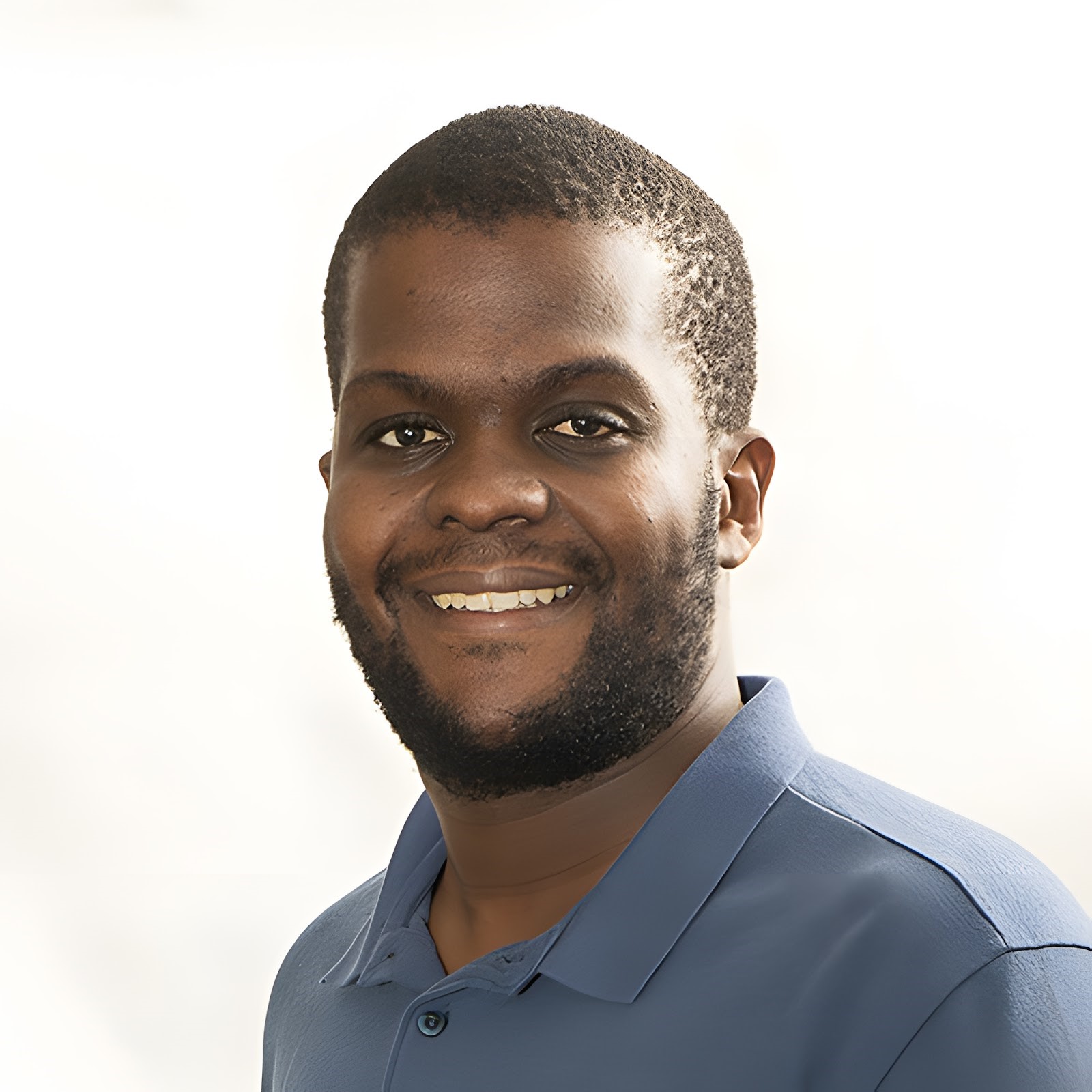
Prof. Vukosi Marivate
Prof Vukosi Marivate is the ABSA UP Chair of Data Science at the University of Pretoria and an Associate Professor of Computer Science. Vukosi works on developing Machine Learning/Artificial Intelligence methods to extract insights from data. A large part of his work over the last few years has been in the intersection of Machine Learning and Natural Language Processing. Vukosi's work in this area focuses on techniques to improve tools for and availability of data for local languages or low resource languages. He currently serves as a chief investigator on the Masakhane NLP project (https://www.masakhane.io/) and on the steering committee of the Lacuna Fund (https://lacunafund.org/). As part of his vision for Data Science, Vukosi is interested in Data Science for Social Impact (https://dsfsi.github.io/), using local challenges as a springboard for research. In this area, Vukosi has worked on projects in science, energy, public safety and utilities. Vukosi is a co-founder of the Deep Learning Indaba, the largest Machine Learning/Artificial Intelligence workshop on the African continent, aiming to strengthen African Machine Learning.
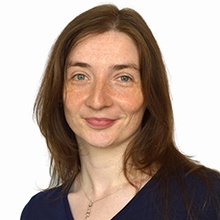
Prof. Susan Fairley
Susan is Emeritus Professor of Health, Society and Development. She is a social scientist working at the interface of Sociology, Public Health and International Development Studies. An original member of King’s International Development Institute, she was the first Head of the Department of International Development in the School of Global Affairs from 2017-2020. After reading sociology and politics at the University of Edinburgh, Susan trained and worked in healthcare in the UK and Nicaragua. She then returned to an academic career, with posts at the University of Edinburgh, the Institute of Child Health and Great Ormond Street Hospital (University College London) and King’s College London. She holds a PhD in Social Policy from Royal Holloway, University of London, and has been a visiting scholar at the LSE and at the Facultad de Ciencias Sociales e Historia, Universidad Diego Portales in Santiago, Chile. She also has a longstanding collaboration with colleagues at the Centre for Social Medicine and Community Health at Jawaharlal Nehru University, Delhi. Susan's research examines how health systems can generate or prevent health and wider social goals. Over her career she has addressed questions related to poverty and access to healthcare, the social organisation of healthcare, and maternal and reproductive health policy, the financialisation of healthcare, and globalisation and the healthcare economy. Currently she is writing a volume exploring the commercialisation of health insurance for CUP, and she leads an ESRC-supported project exploring engagements between England’s NHS and emerging economies in transnational healthcare provisioning.
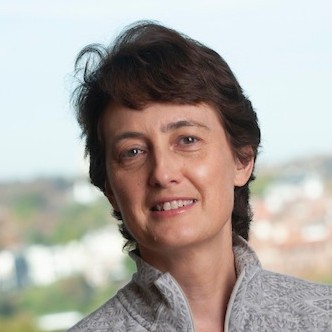
Dr Vivien Bonazzi
I'm an experienced biomedical data scientist who has always had a passion for understanding how data science methods and technologies can be applied to biomedical data to yield a better understanding of biology. This has generated many discussions and interactions across many organizations such as NIH institutes, other federal health govt agencies, non profit and commercial organizations in the US and internationally. My work is focused on more easily being able to share, access, analyze, find and provide attribution to biomedical data and tools regardless of geographical location, size or complexity so as to enable new biomedical discoveries. I have been developing the concept of a Data Commons - a cloud based platform that supports the ability to easily utilize FAIR (Findable, Accessible, Interoperable, Reproducible) biomedical data. This work was started at the NIH and I'm carrying that forward at Deloitte. Everything we're building is open source using available and reusable services/microservices from cloud providers. The purpose is interoperability, not more propriety silos.